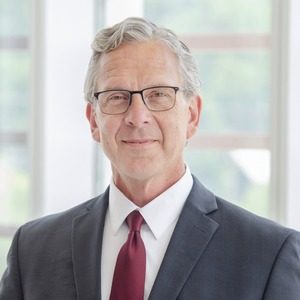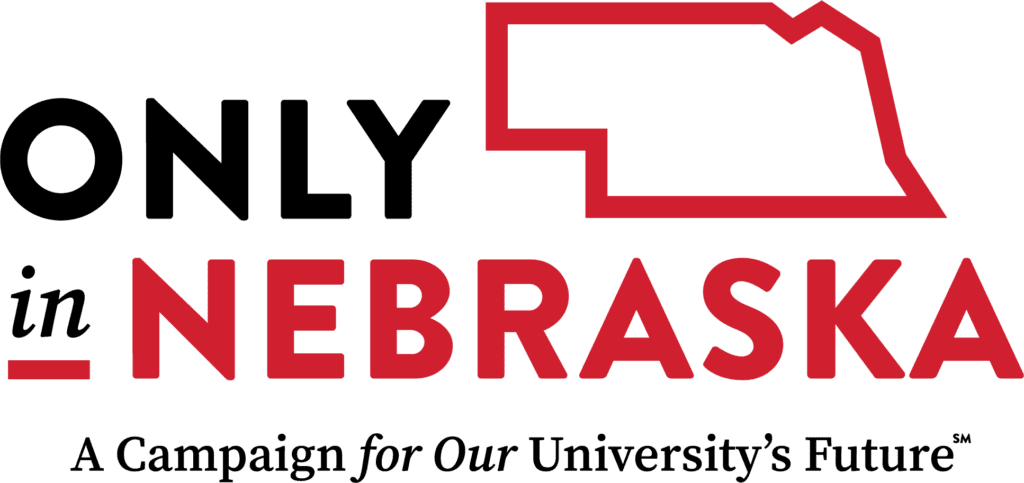Erasing the Stigma: Treating Addiction as a Disease is Key to Beating Substance Use Disorders


by Ed Rider
He thought he would never practice medicine again.
The stigma associated with seven years of alcohol and opioids misuse — being labeled an addict — affected his medical license and his practice. With no job and few prospects, he returned to school in hopes of pursuing a career as an alcohol and drug therapist.
Fate had another plan.


When Kenneth Zoucha, M.D., looked to shadow therapists at a youth treatment program, he found an opportunity to continue working as a pediatrician in an environment where he could draw upon his own experiences with addiction and recovery.
“My journey to recovery gave me empathy for patients, because when they talk about how painful withdrawal is, I get it,” Zoucha said. “These are sick people who need help to get well, not bad people we need to make good.”
His path also led him to better understand how the stigma of addiction hinders people from getting the help they desperately need.
Zoucha, now assistant professor of psychiatry and director of the addiction medicine division at the University of Nebraska Medical Center Department of Psychiatry, applauds the psychosocial interventions and therapies that have helped many people with use disorders. However, he believes education on the neurobiological disease behind addiction is key to more successful recoveries.
“Substance use disorder is a disease that needs to be treated medically, like we treat patients with diabetes,” he said. “The more we can talk about addiction as something that can be treated at your doctor’s office with the aid of expertly trained therapists, the less stigma there will be surrounding it.”
The National Institute on Drug Abuse reports that more than 35% of drug overdose deaths in Nebraska involved opioids. Alcohol, according to the National Survey on Drug Use and Health, kills more than 300 Nebraskans each year. More than 37% of vehicle fatalities were due to alcohol impairment.
The same survey estimates that up to 7,000 people in Nebraska are living with a substance use disorder. Only about 10% will get the medical help they need.
With just eight physicians who are board certified in addiction medicine in the state (all located in the Omaha metropolitan area) and 178 physicians who obtained the waiver to prescribe buprenorphine (a narcotic prescribed for addiction to pain relievers), the need for more providers is urgent.
UNMC, Nebraska Medicine and the state have joined forces in a public-private partnership to develop training programs that will educate more physicians to treat patients with addictions. Development of two addiction fellowship programs as well as Pain and Substance Use Disorder Extension for Community Healthcare Outcomes (ECHO) were kick-started through private support and assisted by a subaward of the State Opioid Response grant from the Nebraska Department of Health and Human Services.
Howard Liu, M.D., MBA, chair of the UNMC Department of Psychiatry, recruited Zoucha from his position overseeing the juvenile chemical dependency unit at the Hastings Regional Center to initiate the Addiction Medicine Fellowship program (accredited by the Accreditation Council for Graduate Medical Education) and the executive fellowship program. It is the first fellowship program of its kind in the state.
“Few physicians in Nebraska know how to treat patients with addiction,” Liu said. “Our fellowship programs allow doctors to become experts in caring for patients with a substance use disorder. By lowering the stigma, medical professionals are more likely to see addiction as something they can treat.”
Addiction medicine fellowships are one-year multispecialty training programs for anyone who has completed a residency in the United States. Training provides a deep dive into providing care for people with unhealthy substance use, substance use disorders and other addictive disorders. The fellowship provides experience in the prevention, clinical evaluation, treatment and long-term monitoring of substance-related disorders.
Demand has been high for UNMC’s 30-day addiction medicine executive fellowship program for physicians, physician assistants and advanced practice nurses. Through a combination of clinical inpatient and outpatient treatment experiences, practicing providers learn how to evaluate and manage patients with substance use disorders.
In-person and web-based training helps executive fellows gain core skills for addiction treatment.
The program has graduated 35 fellows since its inception two years ago.
Growing the number of medical professionals who can treat patients with a substance use disorder is assisted by fellows applying these new skills to their practices and educating their partners. Giving providers the skills, knowledge and confidence to be the experts in their communities allows them to teach those skills to others.
ECHO uses videoconferencing to connect a variety of addiction specialists with providers across the state to discuss cases related to substance use disorders. Online sessions consist of a brief educational presentation followed by a clinical case discussion from a provider. Recommendations for treatment are also discussed.
“This amazing opportunity wouldn’t have happened had I not gone through my recovery journey,” Zoucha said. “Anyone can get substance use disorder, regardless of your status in society … it’s a medical disease.
“It also shows that people can get well.”





